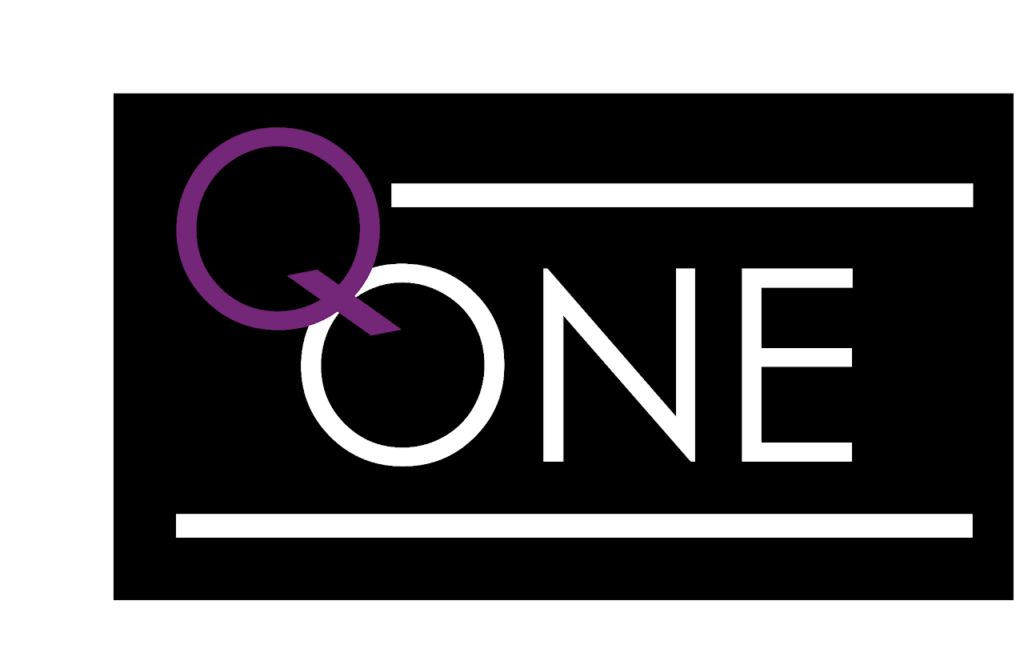
Veriqub: Efficient verification of quantum computing architectures with bosons
Quantum devices offer great promise for computation, cryptography, communication, and sensing. Alternative approaches to quantum information processing in which bosonic modes are the carriers of information have attracted increasing attention, because they offer a hardware-efficient path to fault-tolerance and scalability thanks to their inherently large Hilbert space. However, this poses the problem of providing rigorous guarantees of the correct functioning of these promising bosonic architectures, a task known as quantum verification. To date, this verification is performed by general-purpose tomographic techniques, which rapidly become intractable for large quantum systems. Thus, other methods are needed as quantum devices are scaled up to achieve real-world advantages.
“Veriqub will introduce a new approach to the verification of quantum computing architectures with bosons based on continuous-variable measurements. Veriqub’s technological toolbox will comprise two main elements:
- We will experimentally demonstrate the verification of multi-mode bosonic systems for optical and superconducting architectures well beyond the state-of-the-art, and provide the first demonstration of verified quantum computational speedup.
- We will develop a theory framework that defines the fundamental advantages of our contribution, putting special emphasis on identifying and verifying resourceful bosonic quantum devices.”
The Veriqub consortium comprises world leading scientific partners who are ideally positioned to achieve the ambitious vision of this project and build a state-of-the-art verification technology toolbox, enabling bosonic quantum computing architectures to scale up, and positioning Europe as a leader in this domain.

Q-ONE : Quantum Optical Networks based on Exciton-Polaritons
Q-one aims at the development of a world-first quantum reservoir processor able to achieve fast and precise sensing of photonic quantum states and measurement of their crucial properties such as quantum entanglement. Inspired by machine learning, this approach will perform quantum state recognition without the need of cumbersome experimental procedures. Moreover, its operation can be reversed to be used for generation of quantum states from a classical light source. In contrast to other platforms, it will operate on chip and at optical wavelengths, both with single photons and with squeezed states. Q-ONE is therefore directly relevant to the development of an alternative platform for quantum information, which is a specific objective of the EIC funding programme.
Q-One consortium involves: CNR Nanotec, University of Warsaw, Center for Theoretical Physics, Kastler Brossel Laboratory, Sorbonne University, Nanyang Technological University, Hewlett Packard Enterprise, Institute of Physics PAS, Johannes Kepler University

HoloCIM: Holographic Cloud Ising Machine
HoloCIM (Holographic Cloud Ising Machine) is funded under the CO-DEVELOP programme–that is part of the Research and Innovation Foundation‘s RESTART Programmes for Research, Technological Development and Innovation of the Republic of Cyprus. The 24-month HoloCIM project, spanning the period February 2023 –January 2025, proposes a holography based photonic Ising Machine that utilizes and enhances newly established holographic and nonlinear photonics principles for the efficient solution of combinatorial optimization problems (COPs). The latter cannot be efficiently solved with modern digital computer architectures. HoloCIM aims to create an online user interface to be scientifically and commercially used from interested parties such as research institutions, academia, and industry.
